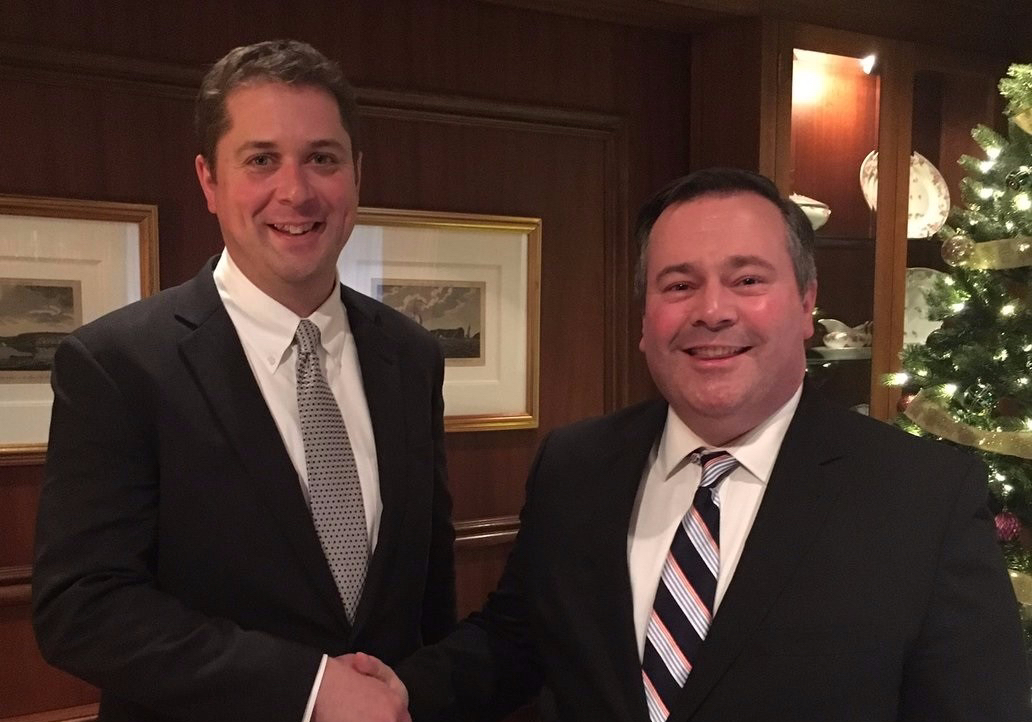As many have pointed out over the past week since the United Conservative Party introduced Bill 207, the Bill to strengthen conscience rights for healthcare professionals, these “rights” already exist within the oversight organizations that govern the profession. As it should.
We should not, as a society, refuse entry into professions based on religious beliefs. We should also not encourage discrimination based on religious beliefs. Therein lies the existential crisis.
If healthcare professionals can refuse to provide care or service based on their religious beliefs, that is a form of discrimination toward the patient. That is not fair to patients.
However, there is no way to define how those beliefs should be made public without encouraging or allowing discrimination of healthcare professionals.
An anecdote went out on social media over the weekend about a Mayor attending the Rural Municipalities of Alberta conference. Said Mayor apparently described a local doctor in a rural town who would not prescribe birth control. No other details were provided but even if it was not true, it’s exactly the kind of thought experiment that is helpful for this rabbit hole of hypotheticals.
Rural areas don’t always have a lot of “choice” in healthcare professionals due to both the population size and the cost of operating even a general practice. For the record, one who is in a hospital doesn’t have a “choice” in the healthcare provider who is coming to check on them.
If such a Bill were to be passed, should a doctor applying for a permit to open a practice in a municipality have to disclose their willingness to provide all medical care to all potential patients? It seems fair. (And it can even be asked without violating the rights of the applicant.)
Still, there’s no guarantee that the person/people hiring will have the best interests of the individuals at heart, unfortunately.
Considering that it is legal for healthcare professionals to exert conscience rights over patients, who is looking out for the patients? And this is where it gets creepy.
My first inclination was to have a sign posted outside of the clinic/office, inside the clinic/office, on the registration form for new patients, etc. But hey, why not have them wear a scarlet letter too? As I said, it’s a rabbit hole.
Does it ever pay to meet discrimination with discrimination? I cannot see how to answer that in the affirmative, but while I would like to be able to protect religious beliefs insofar as not restricting people from certain professions, I also feel more strongly that potential patients have the right to know if their healthcare professional is someone they can trust. Make no mistake – that’s exactly what this is about.
As a woman who has made an assumption all my life that I can trust my healthcare providers to do what I need them to do for me, I can actually think of two instances when that was not the feeling I got from them. I went and saw someone else, but that shouldn’t have happened in the first place. And it wouldn’t have if it was mandatory that healthcare professionals be somehow identifiable by their willingness to provide care.
Again, this doesn’t feel right. Asking professionals to wear a scarlet lab coat or scrubs or have the letter is reminiscent of identifying “others” for nefarious reasons.
But what about my rights as a patient? Would it not be better for both the healthcare provider’s conscience and my own needs if I know not to talk to them about certain topics? To wait for the next nurse or register as a new patient with another doctor so I don’t offend their conscience by asking about birth control? Or that someone isn’t offended by having a gay/trans/queer patient?
The issue Bill 207 has brought to light is that these biases are already existent in our current healthcare system and we have no way of identifying which healthcare professionals will help or hinder our needs as patients.
While I believe that religious beliefs are worthy of protection, I don’t believe that it should be at the expense of patients in a publicly-funded healthcare system (or even private, to be honest).
We require food to be labeled so we can make informed decisions about what we are eating. We require health warnings on cigarettes so people know the potential risks of smoking. We have warning labels on coffee for crying out loud.
Yet we are subjected to a game of chance in our healthcare professionals? No, that doesn’t make any sense.
The proposal of Bill 207 has unearthed a very real gap in our healthcare system that needs to be addressed. If a general practitioner believes their conscience rights override the rights of patients to get medical advice, there needs to be a public declaration for all to see.
It’s not as simple as a registration where people can look online. It needs to be targeted at the patient. It needs to be a conversation that every medical doctor is willing to have with their patients based on publicly available information in the doctor’s office.
There needs to be a way to identify nurses and doctors who are willing to provide patient care to all patients and those who are not. We have freedom of religion in Canada, but we also have a right to unbiased medical care in our publicly-funded system.
Bill 207 may be relegated to the garbage bin that holds Private Member’s Bills that never were but thanks to the MLA from Peace River who took one for the team, we now know that we need more information from our public healthcare providers. Patients come first.
This post is an opinion.
Deirdre is a reporter, pundit, podcaster, and full-wit political observer, living in rural Southern Alberta.
contact: dmaclean@countersign.ca, hello@politicalrnd.ca
Twitter: @Mitchell_AB for all the commentary; @thisweekinAB for posts; @politicalRnD to guess “who tweeted that”?


